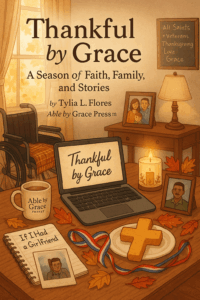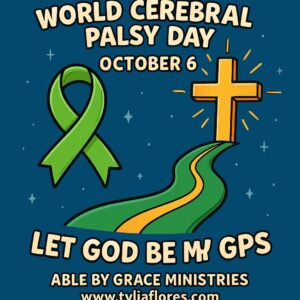Writing your story is a powerful tool that allows us not only to reflect on our own lives but also to shape the narrative that defines us. The words we choose to describe our experiences and leave on the pages have a lasting impact on how others perceive us. It is up to us to take control of our stories and ensure that they are not left unwritten.
One of the remarkable aspects of storytelling is its ability to capture the essence of who we are. Our faces serve as the cover, showcasing our uniqueness and individuality. Just as a book’s cover entices readers, our appearance sets the tone for the story that is waiting to be told.
The story starts when we take the first step, and it ends with the final page. But, what if there are certain chapters or pages that we feel are unwritten? It is never too late to break the barriers and fill in the missing pieces of our journey. Whether we experience setbacks or face limitations, there is always an opportunity to rewrite the script and create our own happy ending.
In my upcoming book Unwritten Boundaries, my two main characters Rowdy and Shelly were childhood friends for a long time before losing touch, but Shelly’s writing has been helping Rowdy navigate through cerebral palsy struggles for years, which brings them back together by faith and finally gives them the courage to fill in the unwritten pages of what they believe the chapters should be combined, because that is what life is all about.
I hope that’s what readers of Unwritten Boundaries gain from it my own journey despite the book plot. Reflecting on my own journey, I am reminded of the unwritten pages that still exist. As a little girl, I was fascinated by the military, thanks to my older cousin. However, being born with cerebral palsy, I always thought enlisting was an unattainable dream. This desire to be a part of something greater than myself felt like an unfulfilled part of my story.
However, fate had a funny way of intervening. I began to volunteer with the Red Cross, specifically with their service to armed forces program. This experience allowed me to fulfill my dream of becoming a part of the military, albeit in a different way. It showed me that my story doesn’t have to be left unwritten if I take charge of the narrative. It’s like an unwritten novel, where the author has to take matters into his own hands and craft the story the way he wants it to be.
This example serves as a perfect reminder that perfection is not the sole measure of success. Sometimes, the most unexpected turns and detours can lead us to a destination we never thought possible. It is through introspection, determination, and a willingness to embrace opportunities that we can write our own story, leaving no pages unwritten.
So, the next time you pick up a pen or sit down in front of a computer screen, remember that your story is not limited by circumstances or limitations. It is up to you to take control of the narrative and craft a story that not only reflects your life but also empowers you to live it to the fullest.












